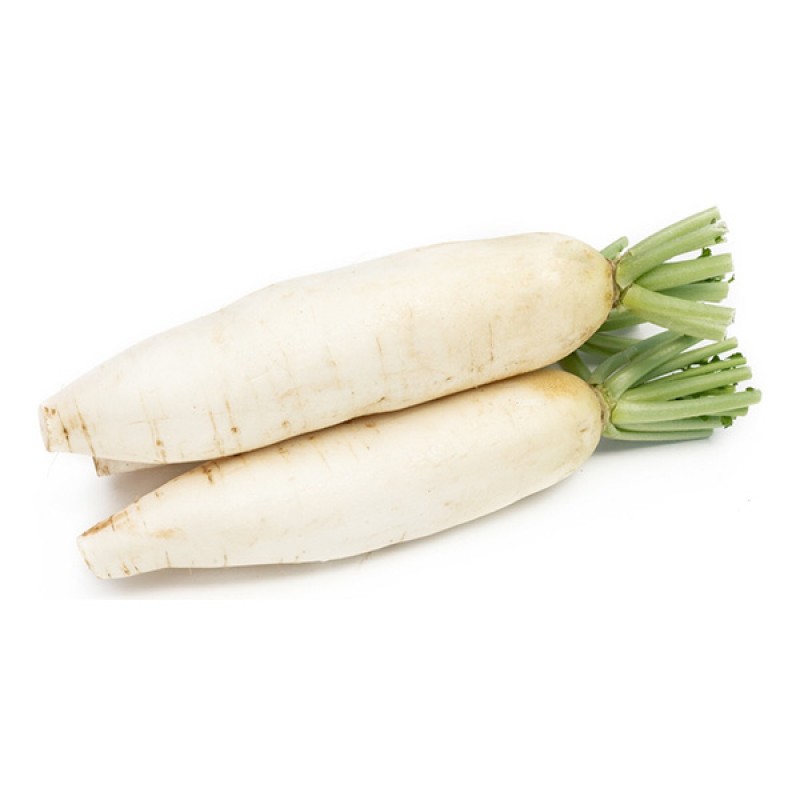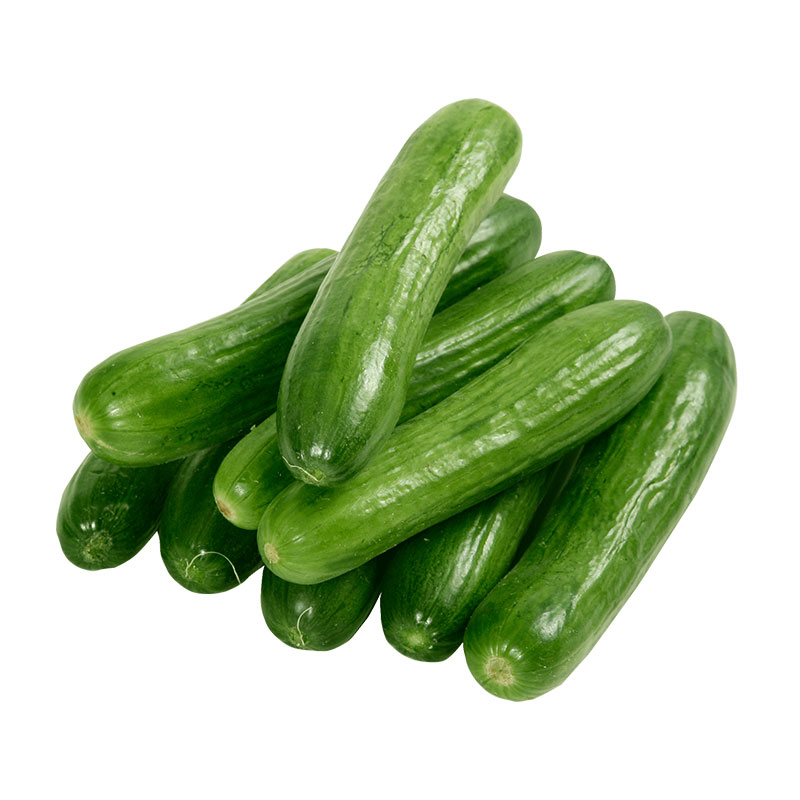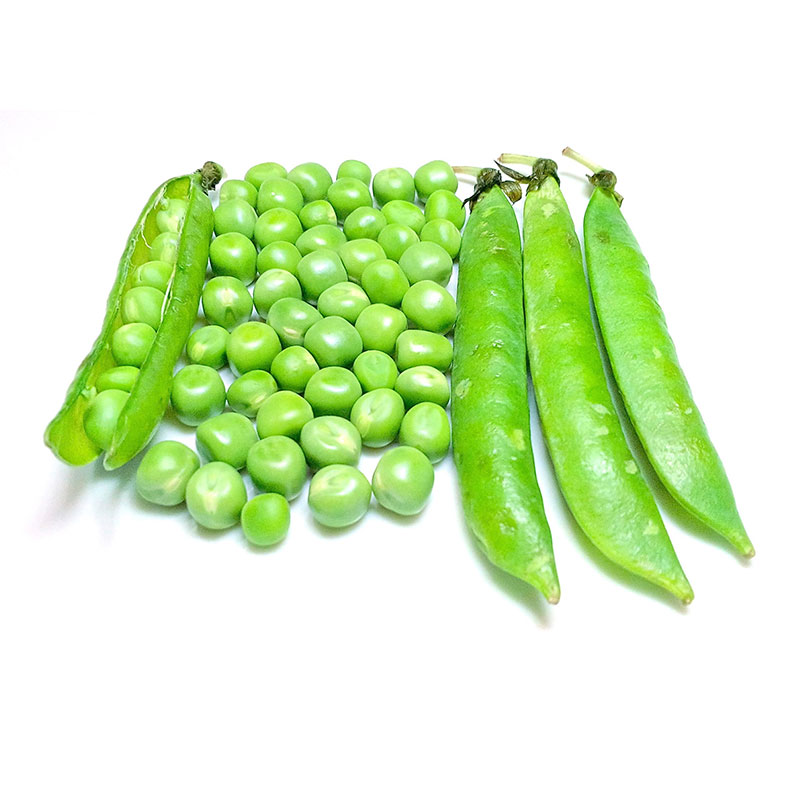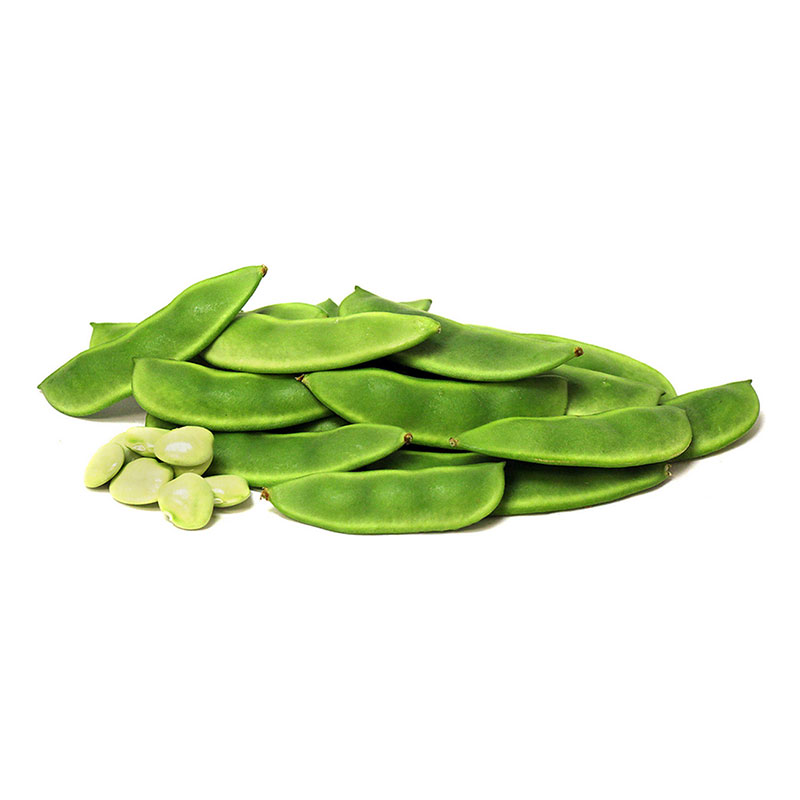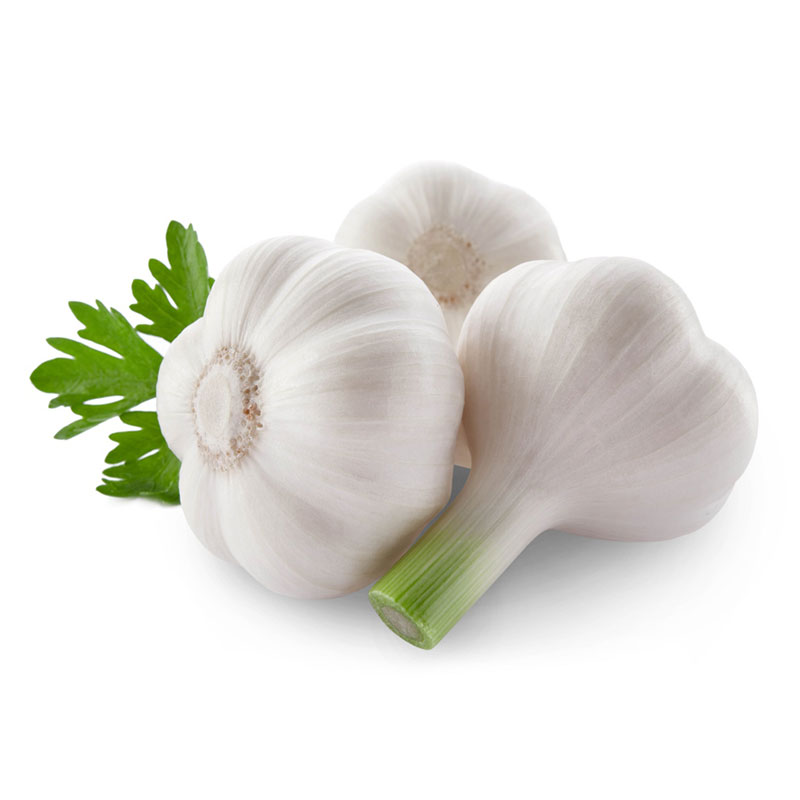Description
The radish (Raphanus sativus) is an edible root vegetable with following benefits:
- Blood Pressure: Radishes are a great source of potassium, which has been found to help regulate blood pressure
- Blood Sugar Control: Radishes have a low impact on blood sugar levels
- They are very low on the glycemic index, which means that diabetics can eat them without worrying about their insulin levels
- Cancer Prevention: Radishes are part of the Brassica family, otherwise known as cruciferous vegetables
- Research suggests that the antioxidants and other compounds in cruciferous vegetables help in the prevention of cancer
- In addition, radishes are high in fibre, which helps fight colon cancer, while compounds known as isothiocyanates affect genetic pathways in cancer cells, even inducing apoptosis (cancer cell death)
- Detoxification: Radishes are believed to be a useful treatment for jaundice because they may help to purify the blood and raise oxygen levels
- Digestive Health: Radishes stimulate the production of bile
- Maintaining a healthy level of bile production is beneficial for digestion, as well as liver and gallbladder health
- Additionally, radishes can be used to treat constipation, because they are very high in fiber
- Diuretic: Diuretic in nature, radishes help with kidney and liver function and may be beneficial in the treatment of urinary disorders
- Heart Health: Studies have found that the antioxidants in radishes may reduce cholesterol levels in the body, which in turn will lower the risk of heart disease and heart attack
- The fibre, vitamins and minerals in radishes make them a smart choice for cardiovascular health
- They have been shown to regulate blood pressure and blood sugar levels
- Insect Bites: It has anti pruritic properties and can be used as an effective treatment for insect bites, stings of bees, hornets, wasps etc
- Its juice also reduces pain and swelling and soothes the affected area
- Respiration: If you have chronic bronchial flare-ups, sinus infections or asthma, radishes can act as a natural decongestant
- Skin Disorders: Vitamin-C, phosphorus, zinc and some members of vitamin-B complex, which are present in radish, are good for skin
- The water in it helps maintaining moisture of the skin
- Smashed raw radish is a very good cleanser and serves as a very efficient face pack
- Due to its disinfectant properties, radish also helps cure skin disorders, such as drying up, rashes, cracks etc
- and also refreshes it
- Weight Loss: Because radishes are high in fibre, low in calories, and low on the glycemic index, they make a great part of any weight loss diet
Culinary Use:
- Ginisang Radish Labanos with ground beef
- The most commonly eaten portion is the napiform taproot, although the entire plant is edible and the tops can be used as a leaf vegetable
- It can also be eaten as a sprout
- The bulb of the radish is usually eaten raw, although tougher specimens can be steamed
- The raw flesh has a crisp texture and a pungent, peppery flavor, caused by glucosinolates and the enzyme myrosinase which combine when chewed to form allyl isothiocyanates, also present in mustard, horseradish, and wasabi
- Radish leaves are sometimes used in recipes, like potato soup or as a sauteed side dish
- They are also found to benefit homemade juices; some recipes even calling for them in fruit-based mixtures
- Radishes may be used in salads, as well as in many European dishes

